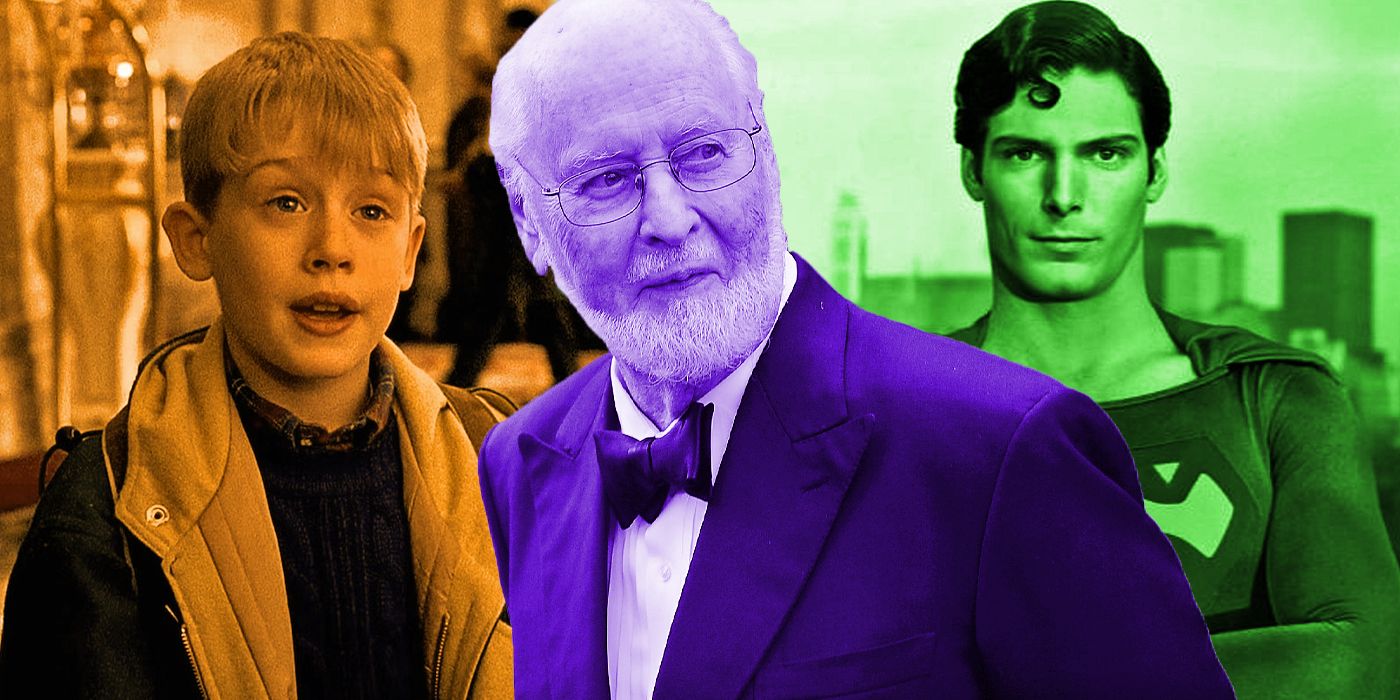Summary
- Williams simplifies film scores into powerful bars, evoking emotions and memories with just a few notes.
- Disney trusted Williams with both Star Wars and Indiana Jones franchises, resulting in unforgettable scores.
- Williams is a master storyteller through music, immersing listeners in characters, conflicts, and imaginary worlds.
Arguably the greatest movie composer of his time, John Williams has composed more than 75 film scores. Williams has a way of simplifying an entire film score, theme, or character into a few powerful bars. When we see kids riding a bike, or when we enter a calm beach, we think of William’s accompanying music. With two notes, he created a monster, and with a couple more, he created the galaxies that didn’t exist beyond our wildest imagination.
When Disney bought the Star Wars IP in 2012, many fans were skeptical of a new trilogy, but everyone agreed that if Disney made new movies, John Williams needed to write the score. And that he did. His participation in the other notable franchise of Indiana Jones was also required, which led him to work on Indiana Jones and the Dial of Destiny, the 2023 film that deserved Williams an Oscar nomination for his beautiful work in the final chapter of the archaeologist’s adventures.
The Academy has nominated him now for a whopping 54 Oscars (making him the most nominated person alive), and awarded him five. Williams not only inspires emotion with his work, but he is also a master storyteller. While listening to his soundtracks one can’t help but imagine the characters, images, or conflicts that would be on-screen. While we won’t attempt to rank all 75 of his composed works, and until he finally retires, we will make a list of John Williams’ best, and no, they’re not all for Spielberg’s filmography, or for the Star Wars films.
15 Catch Me If You Can (2002)
Catch Me If You Can is the story of Frank Abagnale Jr., a con man who managed to deceive the entire world when he was just a teenager. Based on (some) true facts, the film tells the story of Abagnale as he runs away from home to become a pilot, a doctor, and an attorney, all without a license. He gets rich at the same time by forging checks, but his run doesn’t last forever, as FBI agent Carl Hanratty catches up with him.
Not Very Williams-y
One of the best crime dramas of the 2000s, Catch Me If You Can is an exciting film that undeniably sits close to the top of Spielberg’s most sober films. Williams contributes with a score that feels like a shift from his regular work, as he incorporates a jazzy theme, and then an intrigue-like tune that fits perfectly with the film’s humor and light tone. He was nominated for an Academy Award for his work on the film.
14 Far and Away (1992)
Far and Away, the film about the Oklahoma land rush received mixed reviews, but the score is undeniably an impressive work of art. In Far and Away, a wealthy landlord’s daughter and struggling potato farmer move from Ireland to America in the late 1800s in search of their own land, but face all sorts of challenges. Known mostly for its cinematography (it was the first film shot in Panavision Super 70), the film features Tom Cruise and Nicole Kidman in their prime.
A Great Underappreciated Work
For Ron Howard’s nostalgic film, Williams captures the excitement, risk, and hopefulness of the immigrants during the late 1800s. He fantastically blends the musical identities of the two different countries into one comprehensive score. The beautiful score, paired with breathtaking cinematography, gives viewers a new appreciation for the Midwest and an often-overlooked piece of history. It’s one of Williams’ most underrated works, and like many of his scores, it received a release many years after that contains everything he wrote for the film but which wasn’t included in the final cut. Stream on Tubi.
Best Ron Howard Movies of Every Decade
With many box office hits and an Academy Award for Best Director on his mantle, Howard is certainly not a filmmaker whose success can be put in doubt.
13 Home Alone (1990)
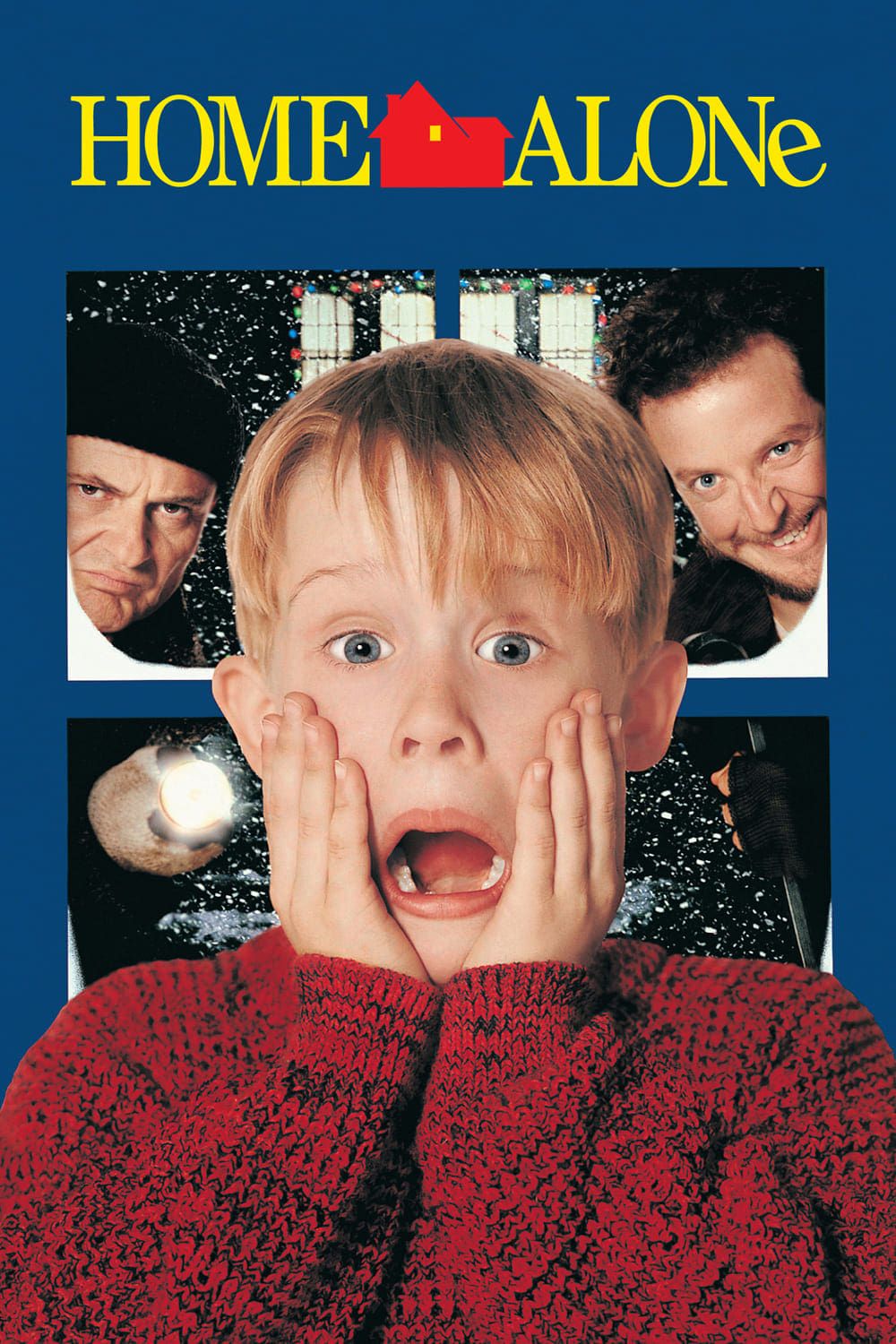

Home Alone
- Release Date
- November 16, 1990
- Runtime
- 103
Home Alone is a yearly must-watch during the holiday season. It’s funny, heartwarming, and light — the perfect recipe for a Christmas movie. It tells the story of Kevin McCallister, as he’s left home alone when his family leaves on vacation, and he’s forced to defend his home against a pair of petty thieves whose talent is pretty questionable. The modern classic is, by far, one of the most notable family films ever made.
Williams Adding a Wall of Sound to the Holiday Season
While most people revere Home Alone for its plot, humor, and good performances, the movie’s score is an equally important part of what makes this movie so good. Williams managed to perfectly capture the feeling of the holiday season in the score with music that almost seems to sparkle. Most notable is “Somewhere in My Memory,” which has been performed time and time again by large orchestras and even high school bands and choirs. It’s a song that within the first few seconds seems to warm the room and stir up holiday memories. This score was, of course, nominated for an Academy Award.
12 Hook (1991)
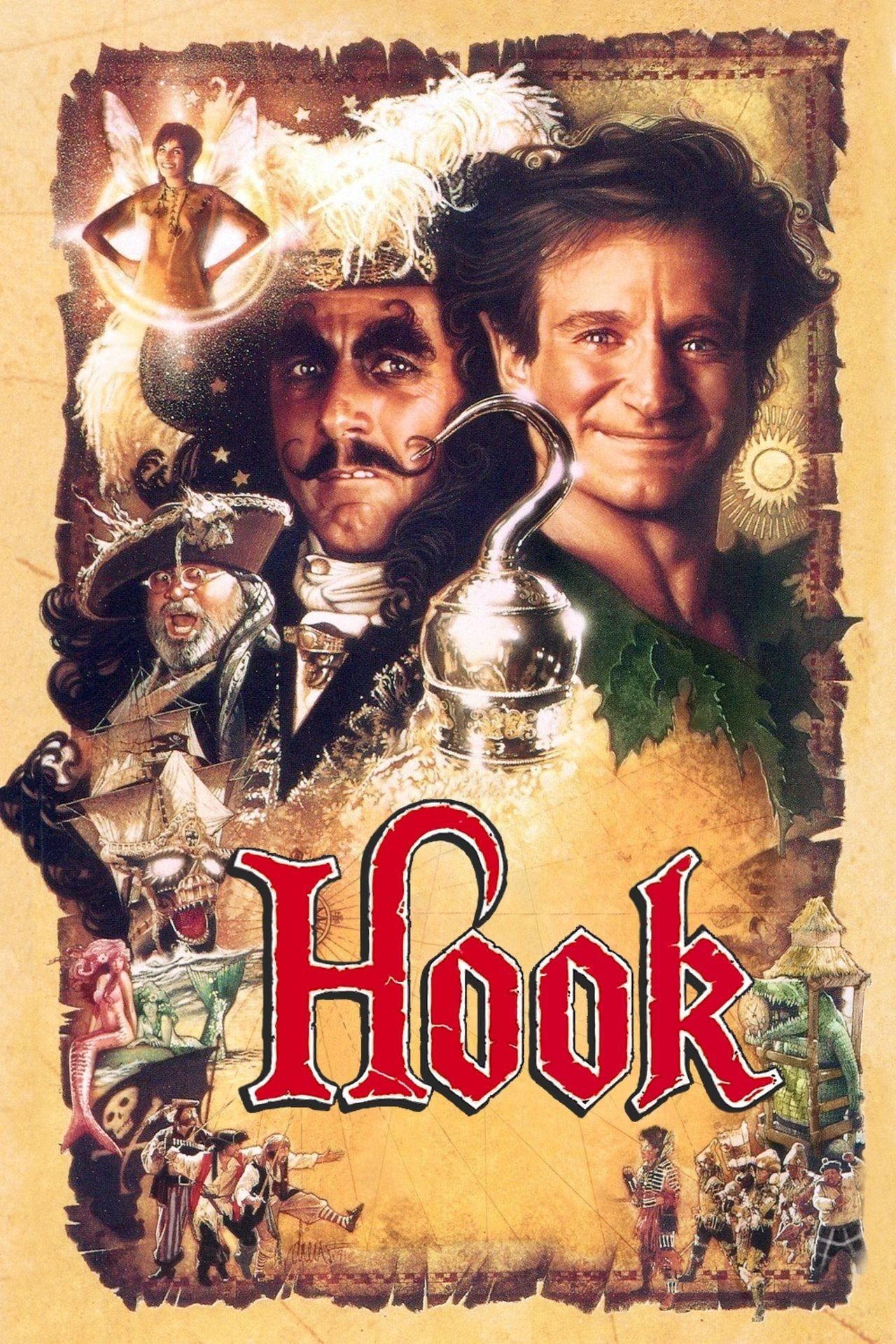

Hook
- Release Date
- April 10, 1991
- Director
- Steven Spielberg
- Runtime
- 144
Steven Spielberg’s Peter Pan adventure Hook is a fun take on the classic story featuring an incredible cast with names like Robin Williams, Dustin Hoffman, Maggie Smith, and Julia Roberts. It tells the story of Peter Banning, a fully grown Peter Pan who has forgotten his childhood and is not a boring adult. The problem is that his nemesis, Captain Hook, jumps into our realm, kidnaps Peter’s children, and forces him to remember who he was before, as he’s taken to Neverland to rescue his children.
The Sound of Adventure
For Spielberg’s underrated fantasy film, Williams was brought on to score the movie when it was being considered to be a musical and wrote about eight songs with lyricist Leslie Bricusse, which was narrowed down to two songs — “We Don’t Wanna Grow Up” and “When You’re Alone” — in the final cut of the movie. Overall, the score for Hook just screams adventure. Listening to it makes you feel like you’re setting off on a journey somewhere far away. One of the best tracks is “Presenting the Hook,” which serves as Captain Hook’s (Hoffman) theme. It’s both fun and menacing, which is a good blend for a theme song for a villain like Captain Hook. His score wasn’t nominated for an Academy Award, but his contribution to the film’s song “When You’re Alone” was.
11 The Witches of Eastwick (1987)
George Miller’s The Witches of Eastwick tells the story of Alexandra, Jane, and Sukie, three friends who realize their union has formed some kind of coven. But their “powers” remain dormant until a mysterious new arrival in town starts to court them and eventually leaves his seed in them. When they realize his power, they plan to get revenge on him, and then Daryl Van Horne, a.k.a. the Devil himself, unleashes his power on the entire town.
A Rare Gig Equals One of His Finest Works
For the score of The Witches of Eastwick, Williams puts together a whimsical but menacing theme that combines perfectly with the film’s almost playful tone. However, when it must get serious, Williams also helps by adding a layer of a gloomy set of strings that make the scary parts really effective. It’s one of Williams’ scores in the ’80s that wasn’t attached to a Spielberg film. This score was nominated for an Academy Award.
10 Superman (1978)
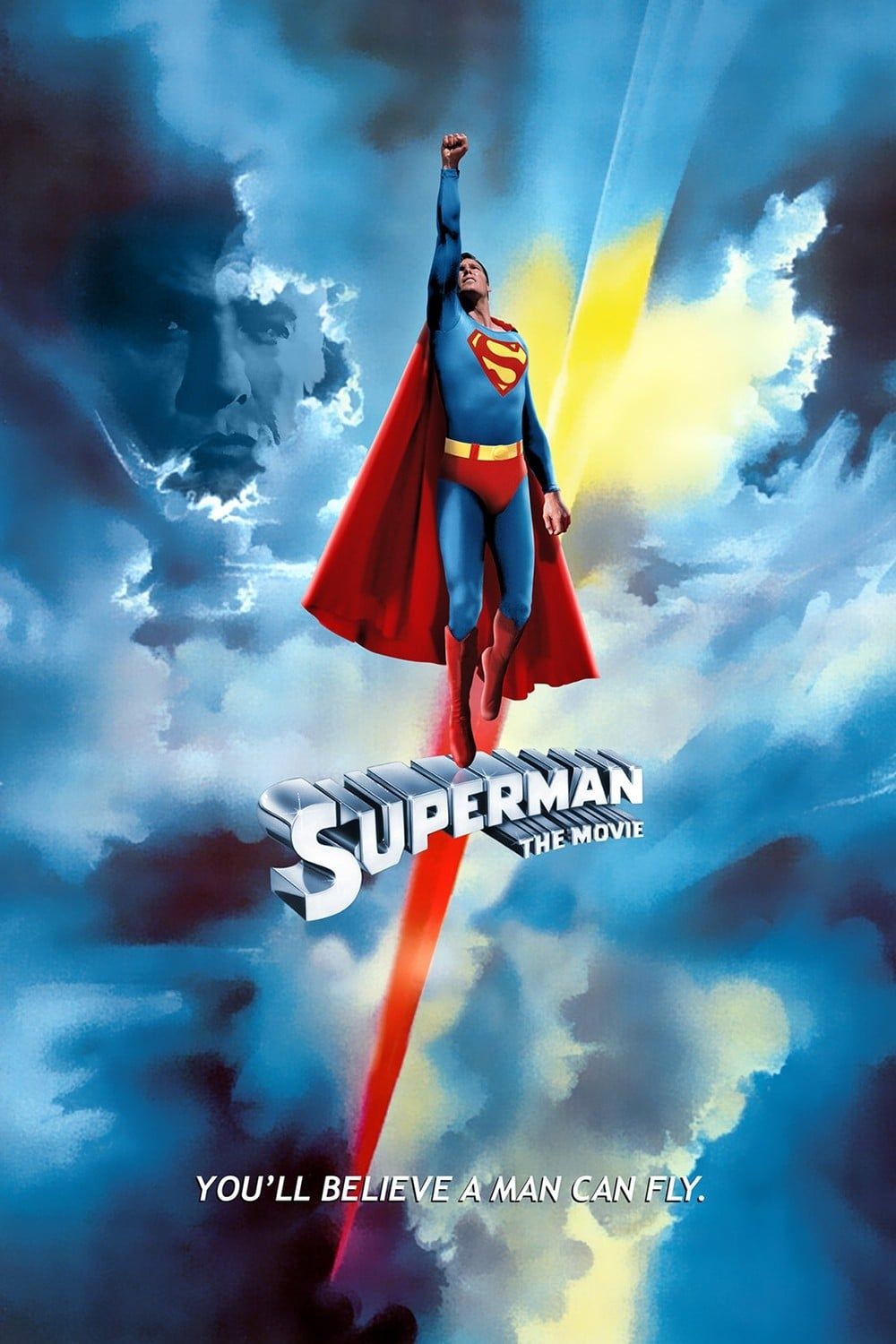

Superman
- Release Date
- December 13, 1978
- Runtime
- 143
In Richard Donner’s Superman, Kal-El, son of Jor-El, is sent to Earth after Krypton is destroyed. The boy with superhuman abilities is named Clark Kent by his adoptive parents, and though his powers are clear to them, he’s raised to be a normal boy. That’s until Clark becomes a reporter, falls for Lois Lane, and inevitably must wear the Superman costume to save Earth from the criminal mastermind Lex Luthor, who experiments a little bit too much with warfare.
The Sound of Flying
Superman was originally set to be composed by Jerry Goldsmith (Star Trek, Planet of the Apes) but due to scheduling conflicts, Goldsmith dropped out and Williams came aboard. Williams conducted the London Symphony Orchestra to record the soundtrack. The score features tracks like “The Planet Krypton” that feel uncertain and suspenseful, like you’re carefully exploring a new discovery, or the more cunning “March of the Villains.” Most notable though, is the Superman theme. It’s a song that makes you feel like taking off into flight and saving the town. The Superman theme was actually released as a single and reached #81 on the U.S. Billboard Hot 100, and weirdly, it hasn’t been featured in every Superman movie released. The score was nominated for an Academy Award.
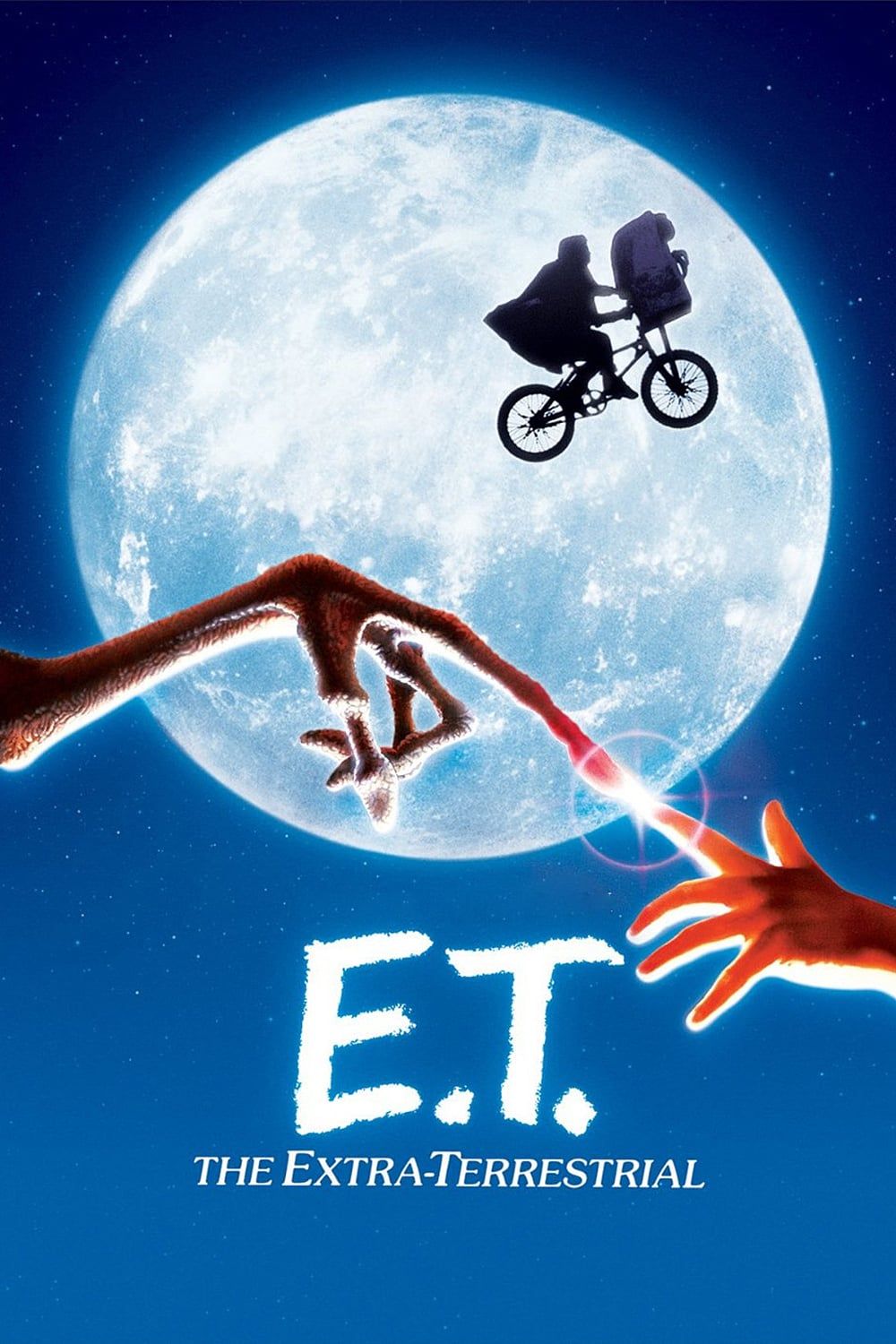

E.T.
- Release Date
- June 11, 1982
- Director
- Steven Spielberg
- Runtime
- 115
E.T. The Extra-Terrestrial follows a story about a suburban boy called Elliot, who doesn’t exactly click with his new reality of being in a broken home and a dysfunctional family. But something arrives from space that will change Elliot’s life. An alien life form that was abandoned on our planet. Elliot names it ET, and they will form the most admirable friendship of the ’80s. That’s until ET reveals he wants to go home and Elliot attempts the impossible.
The Sound of Improbable Friendship
Williams’ score for this film makes a typical neighborhood in California feel otherworldly. The score perfectly embodies different villains, heroes, and aliens of the film by giving them each a motif that feels like their character. According to the same site, Williams captures ET’s character with a lonely piccolo that represents the isolation he feels alone on Earth. Williams’ understanding of character ties this classic movie up in a neat bow. In one of the film’s most important Easter eggs, you can hear a couple of notes from another one of Williams’ most important works. Williams won an Academy Award for his work in the film. Rent on Prime Video.
8 Jurassic Park (1993)
In Jurassic Park, John Hammond thinks of a great idea after making a groundbreaking scientific discovery. What if he could bring dinosaurs back to life and exhibit them to audiences? He comes up with the concept of the theme park, and requests scientists to shed light on the park’s functionality. The problem is that the park’s security system is disabled by a very greedy employee, the dinosaurs break free, and everyone’s lives are threatened.
The Perfect Thrilling Adventure
Dinosaurs are often thought of for their aggressive nature. After all, a Tyrannosaurus Rex would be an unstoppable opponent in a fight. However, Williams turned many of the dinosaurs of Jurassic Park into lovable and majestic beings with just his wonder-evoking music. The main theme of Jurassic Park fosters compassion for nature and the creatures. Although when things start to go awry, he and the director have no problem reminding us of the dangers of dinosaurs, despite their magnificence. Part of the film’s importance is because of Williams’ contribution to the film. This is what being chased by dinosaurs sounds like.
7 Raiders of the Lost Ark (1981)
History is not everyone’s favorite topic, but you will start getting curious about ancient historical artifacts after Raiders of the Lost Ark. Indiana Jones’ journey to discover treasures before they fall into the wrong hands is rarely dull, and it’s because Spielberg aims at making his own version of James Bond, and George Lucas’ ability to bring to life a modern serial that tells the story of an archaeologist who’s tasked with getting the Ark of the Covenant to safety after Nazis discover its existence and want to experiment with it by opening it. Yeah, by now, we all know you shouldn’t do that.
The Sound of Thrills
The film’s effective thrilling element is thanks to the energy that William’s music adds to the movie. He helps us to feel attached both to the characters and to the history, with Williams once again achieving the perfect balance between tender emotions and epic suspense and horror. Not to mention, Indiana’s motif is probably one of the most recognized in movie history. It’s one of the clearest examples of Williams’ style of composing: two beautiful themes connected by a cue. The film was nominated for an Academy Award for Best Original Score, out of its nine nominations and five wins, with Williams’ score amazingly being left out of the race. Stream on Disney+.
6 The Empire Strikes Back (1980)
The first sequel to Star Wars: A New Hope, The Empire Strikes Back, tells the story of rebels trying to fight the empire once again. Darth Vader is still all mighty in his quest to dominate the galaxy, but it won’t be easy, as Luke has accepted starting a new path as a Jedi and is now training to become one. But as the film will reveal, his past is still back to haunt him. It’s undeniably one of the best films in the franchise and one of the greatest sequels ever made.
Adding Sound to the Menace
Williams had already been in a galaxy far, far away. He had actually won an Oscar for his work on the original Star Wars film. So, why did we choose The Empire Strikes Back to also be here? It has to do with Williams’s further additions to the universe of Jedis and lightsabers. For the continuation, Williams composed the iconic pieces “The Imperial March”, which is what Darth Vader walking sounds like, and “Yoda’s Theme,” the beautiful companion to one of Star Wars‘ most heartwarming and important characters. Williams was also nominated for his work on the sequel, but the Academy felt once was enough. Stream on Disney+.
5 Harry Potter and the Sorcerer’s Stone (2001)
Harry Potter and the Sorcerer’s Stone tells the story of a small orphaned boy, who’s being neglected by what remains of his family when a letter arrives at his doorstep. He’s being summoned to join Hogwarts School of Witchcraft and Wizardry and begin his training to become a wizard. At first, he’s in shock, just like his uncle and aunt. But then Harry accepts his fate, which also involves fighting against another wizard who holds a grudge against Harry.
The Sound of Magic
Thanks to John Williams, we might actually know the answer. Williams’ celesta gives “Hedwig’s Theme” a bell-like magical sound, and the full orchestra adds strength and majesty that mirrors the setting. In the score for Harry Potter and the Sorcerer’s Stone, he transports us to a world beyond our wildest dreams. The whimsical music of Harry Potter helps viewers to stay immersed in the fantastical world, no matter what they see there. It’s Williams’ best modern score for a non-Spielberg film. The score was nominated for an Academy Award.
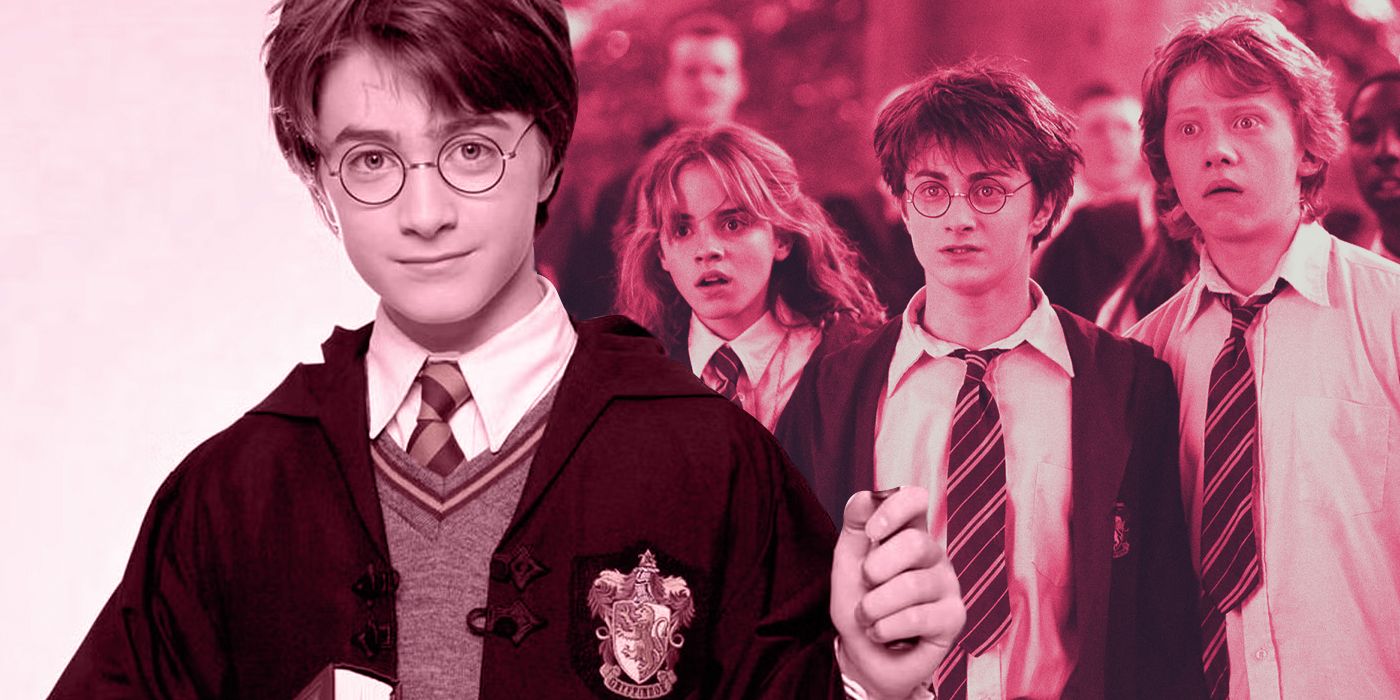

Every Character Recast in Harry Potter (& Why)
Many Harry Potter stars became mainstays who made their roles iconic throughout the movie franchise. For various reasons, others had to be recast.
4 Close Encounters of the Third Kind (1977)
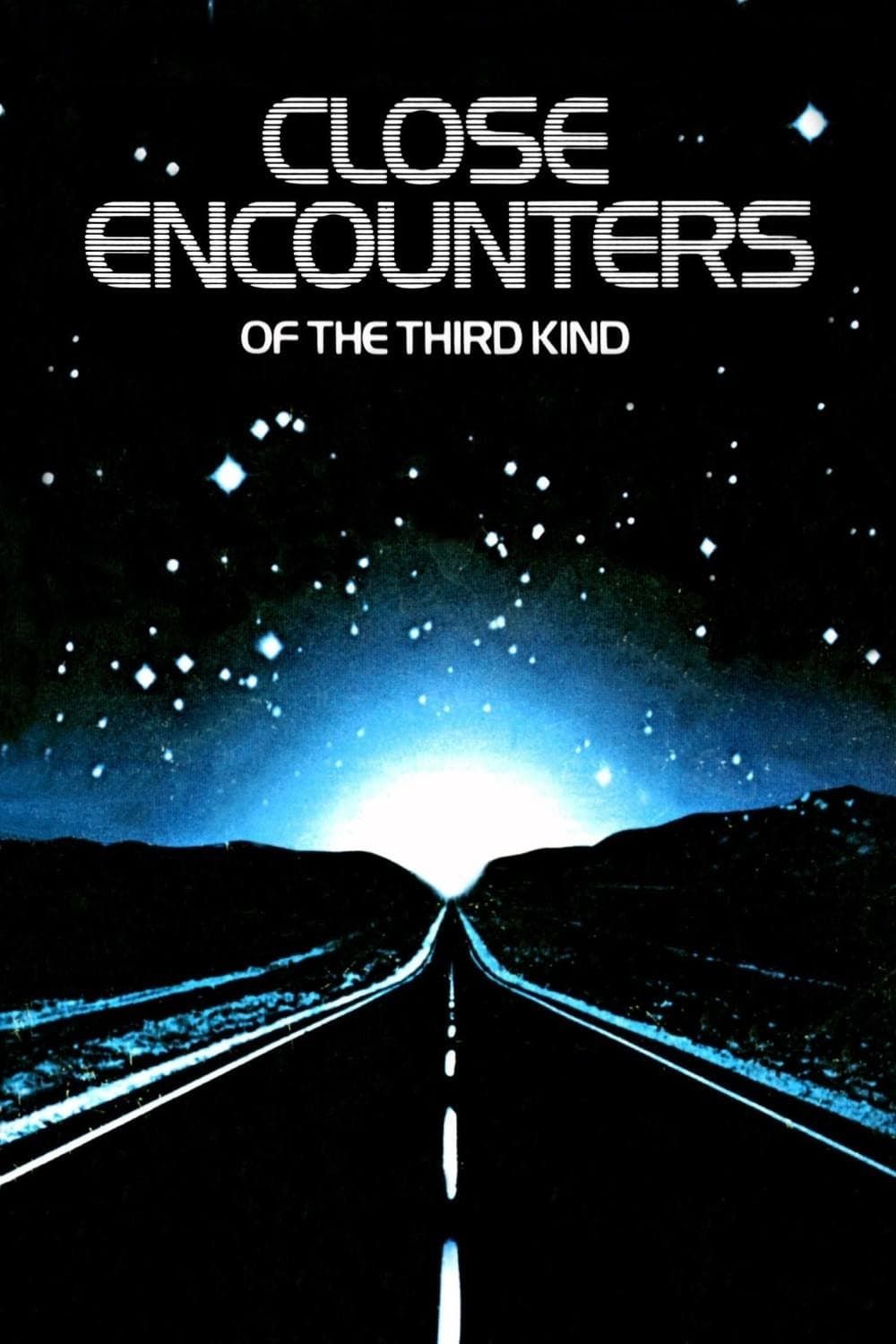

Close Encounters of The Third Kind
- Release Date
- November 18, 1977
- Director
- Steven Spielberg
- Runtime
- 135
- Writers
- Steven Spielberg , Hal Barwood , Jerry Belson , John Hill , Matthew Robbins
Close Encounters of the Third Kind tells the story of several characters as their lives are intertwined by a spectacular event: it appears that we’re actually not alone in the universe. At the center is Roy Neary, a husband and father who leaves his life behind to follow his obsession and fascination with the new arrivals. Eventually, everyone will gather at a place where they’re all summoned, and meet whoever’s making all that beautiful music and shining the most beautiful lights.
The Sound of Dreams
By far, one of the most impressive UFO films ever made, Close Encounters of the Third Kind starts in what seems to be a thriller with big special effects, and the usual military action. But then it smoothly transitions into a very dramatic story about Neary’s estrangement from his family. Williams scores this story with the delicacy it requires, giving the film a dreamy backdrop of sound that’s hard not to put among his best works. It was nominated for an Academy Award, but he was competing against himself for his Star Wars score.
3 Jaws (1975)
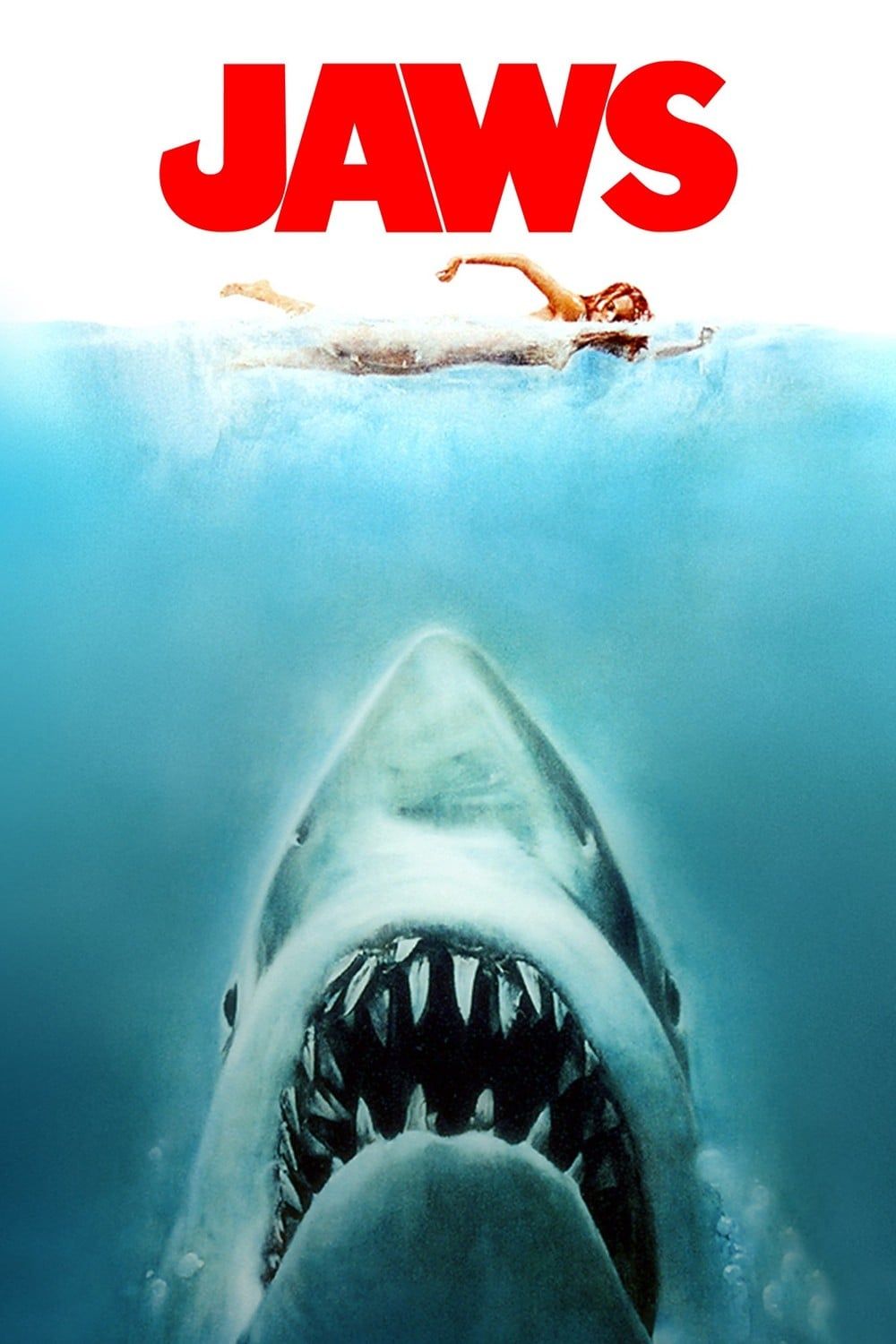

Jaws
- Release Date
- June 18, 1975
- Runtime
- 124
In Jaws, Amity Island is being terrorized by a monster. After a body shows up on the shore, Chief Brody tries to convince the mayor to shut down the beaches, but the greedy politician shows no remorse because it’s summer, and they will lose money without tourists. Another death shocks the entire island and thus begins the hunt for the great white shark that’s claimed the lives of innocent souls who simply dared to take a dive into the hostile environment that is the beach.
The Sound of Terror
John Williams only needed two notes in order to create the most suspenseful and iconic movie song of all time. Everyone recognizes Jaws’ “Duh-Duh” sound without ever needing to watch the movie. But it’s not just that. Jaws’ score consists also of diverse styles of music that range from the adventurous to the horrific and impending sound of doom. It has become a cultural symbol across the world that’s been ingrained into the pop lexicon. Needless to say, the first blockbuster film won the Oscar that year.
2 Schindler’s List (1993)
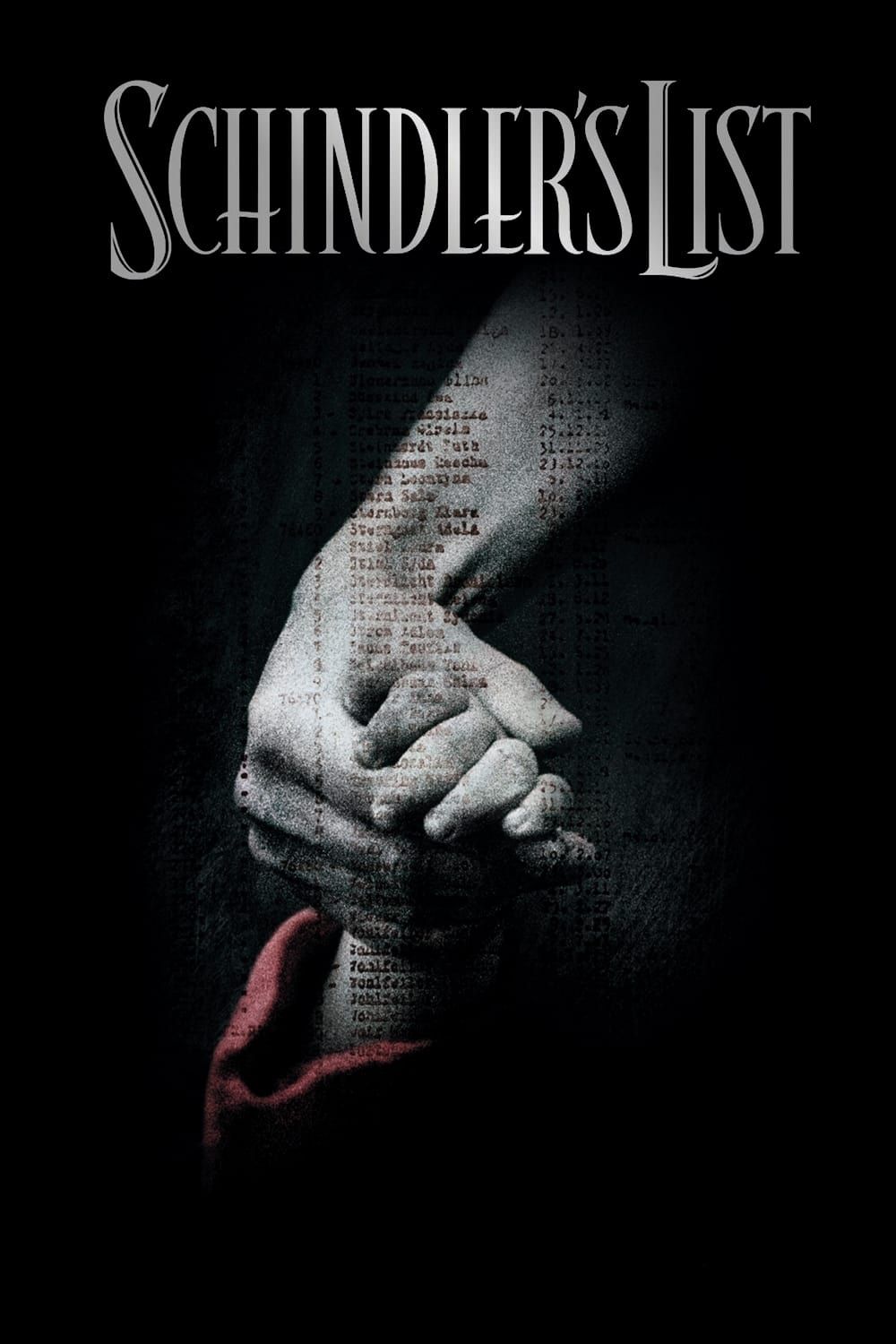

Schindlers List
- Release Date
- November 30, 1993
- Director
- Steven Spielberg
- Runtime
- 195
Steven Spielberg’s Schindler’s List tells the incredible story of Oskar Schindler, a German businessman, and a member of the Nazi party who witnessed the horrors of concentration camps, and took it upon himself to recruit Jewish people to work in his factories during World War II. Spielberg’s portrayal of the horrors of war is violent, but not traditionally, as no battles are shown. This is just the depiction of what took place in the most horrendous place ever created by humankind during its worst era.
The Sound of Tears
The tragedy of the events of WWII still haunts the world. Somehow, Williams captures both the haunting grief and the persistent optimism of some concentration camp survivors in the score for Schindler’s List. His score starts soft but builds into a strong, boisterous, and beautiful melody. Who knew a song could make us feel powerful and powerless at the same time? It almost dares the listeners to respond. Williams won his last Academy Award for his work on this emotionally devastating film. Rent on Apple TV.
Listen to an excerpt from the Schindler’s Listscore here.
1 Star Wars (1977)
In Star Wars, a young teenager called Luke Skywalker is forced to step up and join the fight against the Galactic Empire. At first, he does so when he discovers a couple of androids with a message for Obi-Wan Kenobi, and when he finds the old man, his training begins. Eventually, he’s joined by Han Solo and Chewbacca, two fearless transport specialists who also join the good guys in fighting against Darth Vader, who’s holding Princess Leia as a hostage. Do we have to say more?
The Greatest Film Score Ever Composed
Williams’ epic soundtrack for the Star Wars universe is almost as iconic as the franchise itself. When we think of Star Wars, we think of the music. Williams broke new ground with this soundtrack. Most ’80s science fiction films used synthesizers and other electronic instruments to make space as alienating and foreign as possible. William’s soundtrack for Star Wars: A New Hope did just the opposite. He brought in familiar sounds and emotional cues that make viewers feel right at home on any spaceship or planet in the movie. He helps us relate to the heroes and fear the villains in the far-off galaxy. Williams won an Academy Award for his work on the film. You can stream Star Wars on Disney+.
Listen to an excerpt from the Star Warsscore here.
Considering Williams’ contributions to the sci-fi films from the ’80s, here’s a video about the best films from that era:
This story originally appeared on Movieweb

